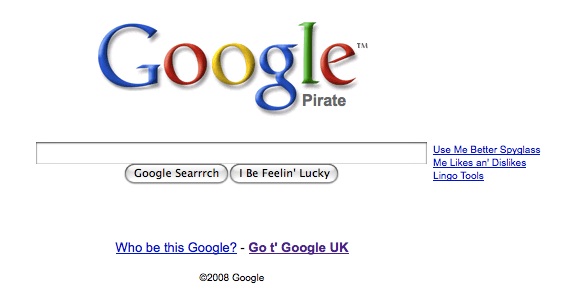Great post by Jeff Jarvis…
We’re spending $700 billion to bail out the idiots who got us into this mess and we end up with nothing to show for it but the bag we’re left holding and maybe a disaster averted (we hope).
We could be spending a lot less to get a lot more. A national wi-max buildout would cost between $5 billion and $14.5 billion. That would enable every American to get high-speed access to the internet and to its education, commerce, connectivity, innovation, jobs, and value. With a lot left over.
Or take the $700 billion and divide it by America’s 114.5 million TV households. Minus the 40-percent-plus margin that cable companies make on internet access (that’s the number I heard from them), we could provide broadband access to every one of those homes for about $300 a year. That means we could give every American free broadband access for 20 years.
We could buy 3.5 billion One Laptop Per Child machines. Want world peace and understanding? Give one to every Muslim on earth and every citizen of China (or since China can afford them, make that everyone in India or everyone in Africa and South America combined) and you’d still have more than 500 million machines left over.
Or we could give 4.4 million Americans free college educations at private institutions. We could give 23 million Americans free college educations at public institutions like mine. That alone would improve our competitive position and transform dying industries.
Or we could more than triple total annual R&D spending in the U.S. I can’t find total R&D on alternative energy but with this money we could multiply what Google.org is spending by a factor of 35,000…

